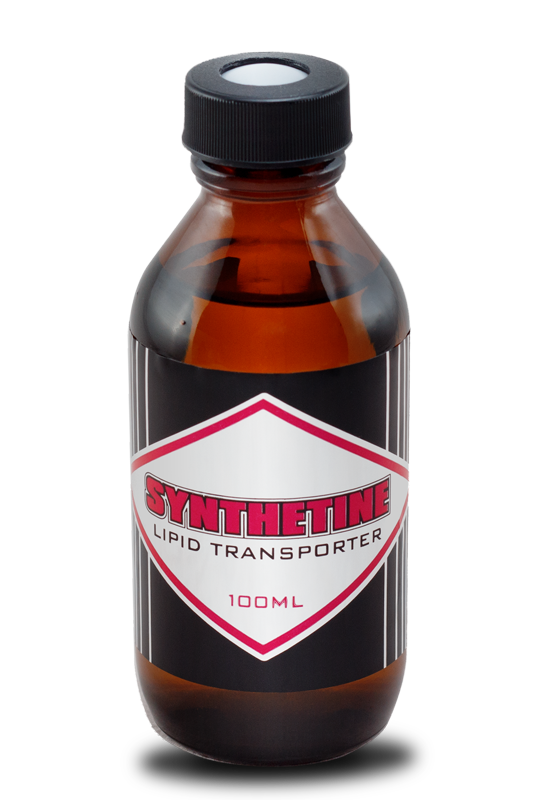Got a link?
I've used a product called HELIOS that has clenbuterol and yohimbine, but it's WAY too stimulating, even at low loses. It's supposed to be a legitimate site specific fat burner, but it's just unusable because of the anxiety and jitters.
However, Albuterol is Clen's chemical cousin, and it only lasts 4-6 hours in people, whereas Clen lasts 34 hours. Albuterol is much less stimulating, but has all of the same benefits as Clen. But it would mean multiple injections daily. I've taken Albuterol orally and it's very tolerable.
Keep in mind, l-carnitine isn't all sunshine and rainbows.
Find your way to better health.

www.livestrong.com
Here's an abstract of the study, i can grab the whole thing if anyone wants to read it.
Intestinal microbiota metabolism of choline/phosphatidylcholine produces trimethylamine (TMA), which is further metabolized to a proatherogenic species, trimethylamine-N-oxide (TMAO). Herein we demonstrate that intestinal microbiota metabolism of dietary ...

www.ncbi.nlm.nih.gov




